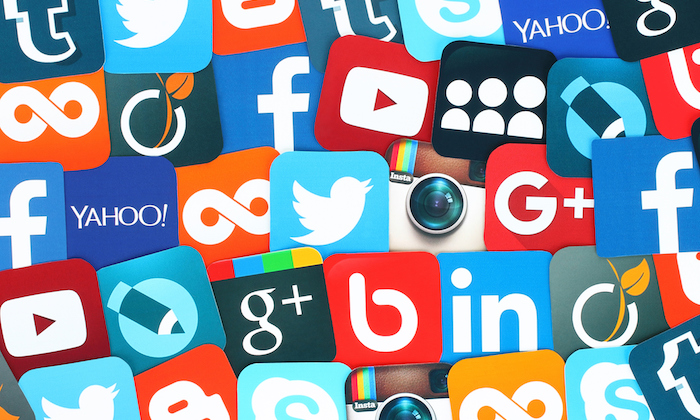Recent Events and Media Desensitization
Photo Courtesy of eWeek
May 14, 2021
Over the past few months, the entire world has been tested beyond belief. There have been so many tribulations and terrible events that the media has been filled with horror stories of bombings, protests, and discrimination, not to mention coverage of the Covid-19 pandemic. Now that the pandemic is calming down, things seem to be returning to a predetermined idea of “normal”, but the crises haven’t stopped. For example, the Israeli settlements in Palestine that have caused increasing conflict over the past few days, resulting in territory wars that have turned deadly. Protests over a pandemic tax that would throw an already-struggling Colombia into extreme poverty have broken out as citizens clash with police. India is in crisis as oxygen runs low, streets are overrun with the dead, and the government seems unresponsive in the midst of a second Covid outbreak. So why have these events been restricted mostly to side-columns and Twitter threads, and why hasn’t there been much talk?
There are many reasons as to why this might be happening, one being the effect of media on people’s mental health. People have been put through a lot, especially considering 2019’s comparative bliss. It’s not just lack of media coverage (there have been many outcries specifically against the Israeli-Palastinian clashes), it’s unintentionally-selective reading. Seeing such hardship in the world has almost become the new normal and it’s not as surprising to see cries for help online or in the news. That doesn’t make it less distressing, but a reason why many people have chosen to stay silent
Another potential reason closely tied to the one above is the end of the pandemic. While other countries are being hit by second waves and struggling, America has almost grown “tired” of the coronavirus pandemic and most of the media’s focus is on catering to the people’s needs, aka their desire to see progress towards normality. It’s important to remember that things don’t change that fast, but it’s also understandable considering how many bad memories have been formed and loved ones have been lost due to the coronavirus. The news is almost overwhelmingly promoting articles on mask mandates, government recalls, and new restrictions, to the point where other world events are being pushed aside.
While conflict continues to grow in many parts of America and the world, it’s important to remember one’s own mental health and manage exposure to triggering news, combining the two points. It’s not our responsibility as humans to carry the weight of the world, and studies have shown again and again that too much media exposure directly affects mental health and depressive/anxious thoughts. The news is one of the most important tools we have to spread awareness about real-world events, but it can also desensitize and pull away from the real impact it tries to have. So it’s up to the people to continue to provide worldwide support. Speak out, don’t stay silent, but stay safe and know your boundaries most of all.
Please check out these links for more information on how you can help India, Palestine, and other countries in crisis.
https://arab.org/click-to-help/palestine/
https://www.globalgiving.org/projects/india-covid-19-relief-fund/
https://remezcla.com/lists/culture/colombia-protest-information-and-help-guide/
https://donate.unhcr.org/int/ethiopia-emergency/~my-donation#
